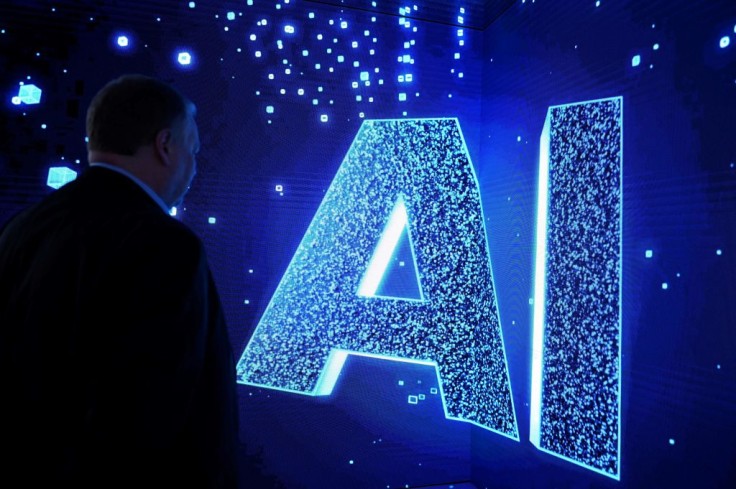"AI Hype" has been a term many people heard from the tech industry over the past year as more companies and startups jump into the trend to secure their spot in the technology of tomorrow.
Yet, the same hype could be hurting future innovations as demand for the trend puts people's safety and privacy at risk.

AI Remains a Costly Venture to Become Profitable
Despite AI firms' claims of improvement in their AI machines, most large language models remain inefficient outside of a limited function.
All of the products available in the market are still prone to "AI hallucinations" and need constant human intervention to operate smoothly.
For these technologies to fully work requires further development, resources, and time to complete, an expensive venture for a far-off future many companies have found out after using the technology.
A study from the Massachusetts Institute of Technology even suggests that it is "more economically attractive" to hire regular workers than to employ AI systems to automate roles.
AI Innovation is an Unfocused Business Venture
Even the companies' market competition can be pointed out as a cause for actual innovations for the technology stall.
As it is now, companies have been promoting the use of AI across a wide variety of professions and applications.
However, many of these ventures remain in initial phases as startups try to pierce the already steeped market even if their products are unfinished.
Bigger Demands for AI Overtake Safety Precautions
Amid concerns about its development, AI companies continue to release more AI products for a wide variety of uses at a rapidly increasing pace as demand for the technology increases.
This, in turn, sacrifices much needed for companies to assess all security and safety risks posed by the technology.
It does not help that many AI firms keep most of their safety tests inside closed doors, allowing major vulnerabilities and system issues to remain unresolved even after the technology is released to the public.
The result is the backwards safety assessment major AI companies are adopting today where most security risks are flagged after consumers have already used the product.
Notable evidence is the prevalence of AI generating inaccurate information or being used by bad actors despite the companies' promises to provide stronger guardrails on their products.
Related Article : AI Regulation Laws: How Long Will We Wait for It?









